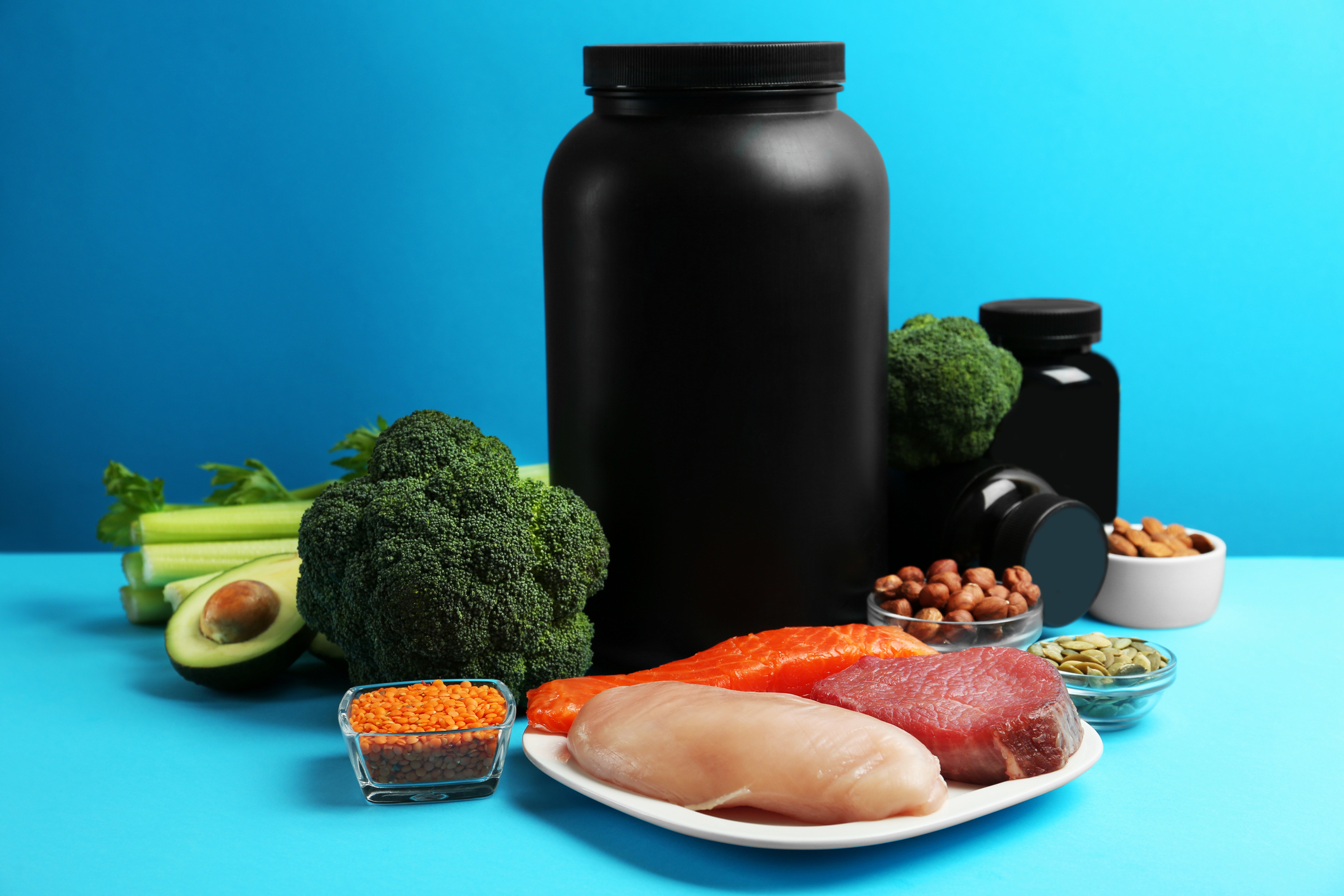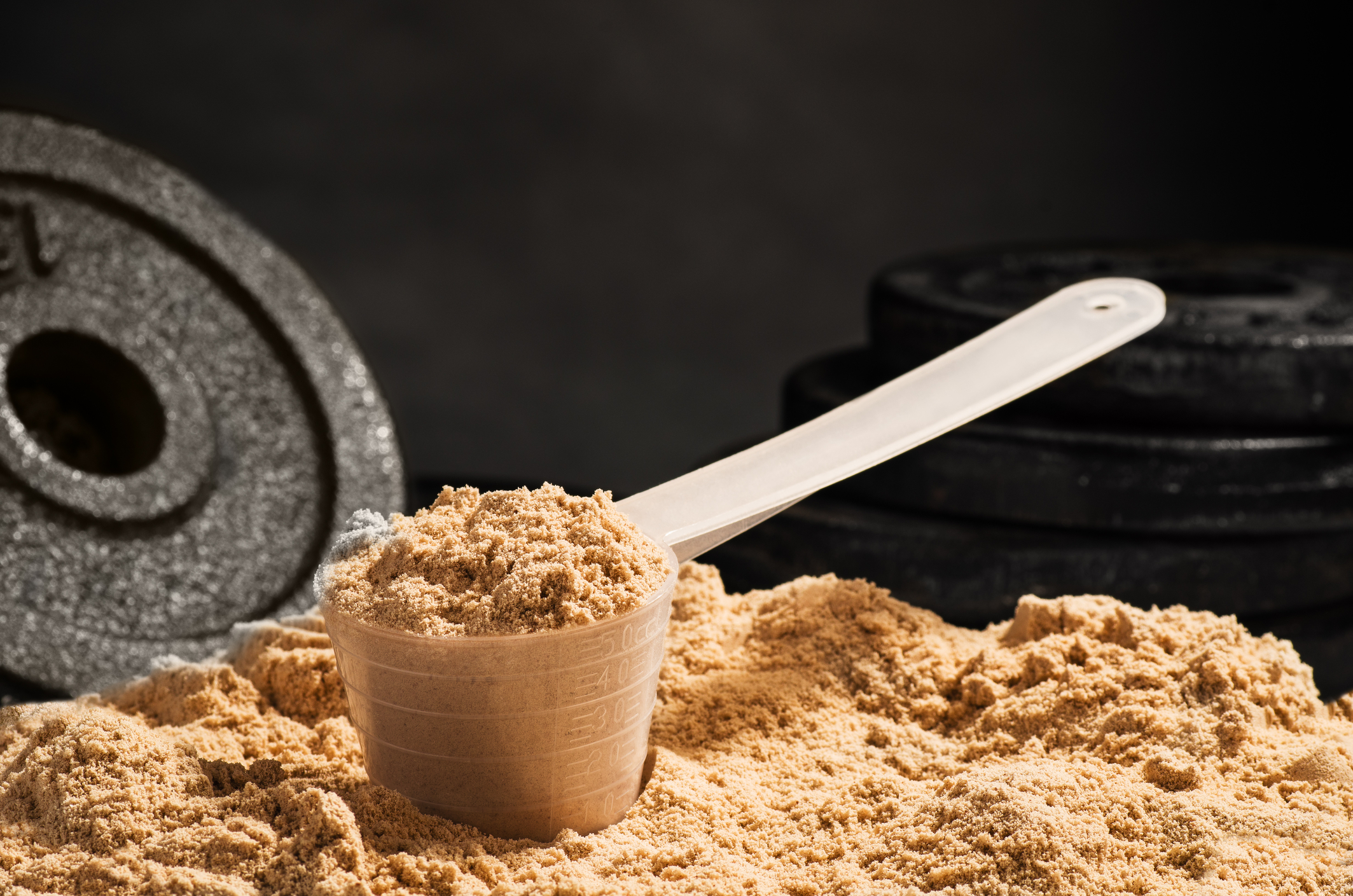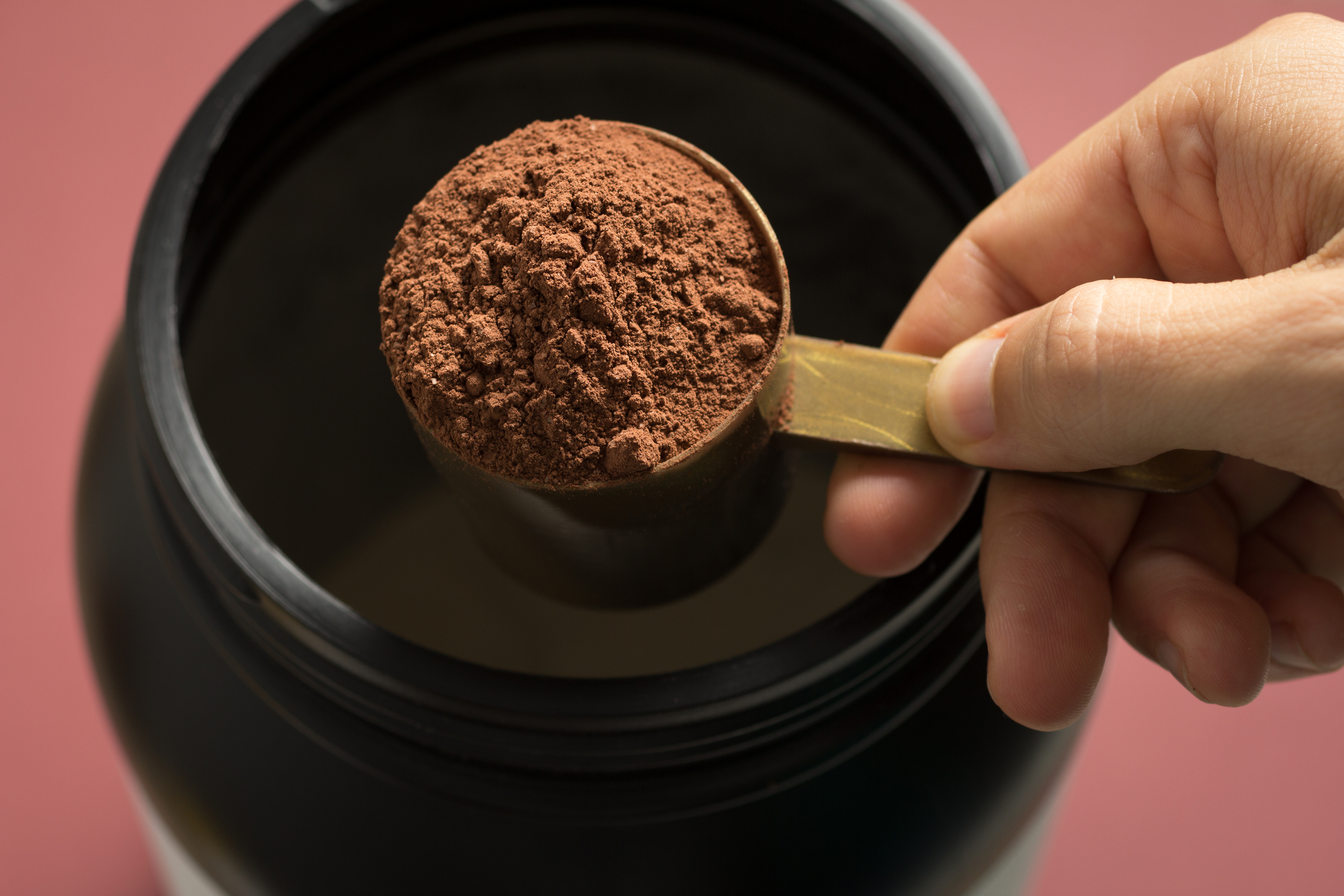Five Shocking Truths About Whey Protein That Will Change Your Perspective on Fitness and Nutrition
When it comes to whey protein, one of the first shocking truths that fitness and nutrition enthusiasts may squash their eyebrows at is how quickly it digests. Regardless of your fitness objectives, the speed of whey protein's digestion can alter your strategy. It's an incredibly rapidly digesting protein source, meaning it hits your muscles almost immediately after ingestion.
This can be a great advantage immediately following a workout when your muscles are starved and in need of nutrients. As it may improve muscle recovery and stimulate growth, this point also stands as a testament to how you should time your protein intake.
However, as whey protein digests so speedily, it may not be the top choice if you want to feel full and satiated for a long period. So, for those on weight loss diets or trying to control hunger, it's worth considering other protein sources like casein, which digest over a longer period.
The Myth of Building Muscle

Many of us associate whey protein with gaining muscle mass - a component championed by bodybuilders who commonly use this supplement. But here comes the second truth: Whey protein, by itself, doesn't construct muscle - it is merely a source of quality protein.
Muscle building relies on various factors. Yes, protein is crucial as it supplies the building blocks (amino acids) for muscle tissue. However, to stimulate muscle growth beyond the norm, there must be an overloading stimulus present, typically in the form of resistance exercise by weight training. So, solely guzzling down whey protein shakes will not produce massive muscles.
The Richness of Essential Amino Acids

The third truth revolves around the plentiful content of essential amino acids in whey protein. Essential amino acids (EAAs) are called 'essential' for a reason – our bodies cannot produce them, necessitating their inclusion in our diets.
Whey protein is replete with these EAAs, including the branched-chain amino acids (BCAAs) - leucine, isoleucine, and valine. Particularly, leucine is noteworthy for its potential role in promoting muscle protein synthesis, making whey protein highly valuable for those looking to enhance muscle growth and repair.
Whey Protein's Allergenic Potential

Like its dairy source, whey protein carries potential allergenic properties, which could impact consumers prone to dairy or lactose allergies. This could cause digestive complaints like bloating, gas, or even more severe reactions for some individuals.
It's important to balance the fitness benefits of whey protein against the potential adverse reactions for those susceptible. Thankfully, various alternatives like soy, hemp, or pea protein could provide protein-rich supplementation for those troubled with dairy allergies or intolerances.
Not All Whey Proteins are Created Equal

The final eye-opening truth about whey protein shatters the belief that all whey protein products are created equal. This is far from reality. There are primarily three types of whey protein: concentrate, isolate, and hydrolysate. Each one has different protein, lactose, and fat content, varying implications on digestion, and different price points.
As consumers, it's essential to understand what type you're buying and whether it aligns with your goals and personal needs. A thorough label reading, understanding ingredient quality, and exploring brand transparency can protect you from low-grade products.
In essence, while whey protein carries numerous benefits for muscle recovery, growth, and providing a quick source of protein, it’s crucial to delve deeper into its various facets to truly utilize it effectively for your health and fitness goals. Just like every nutritional tool, understanding its pros and cons will ensure you achieve your desired fitness outcome.